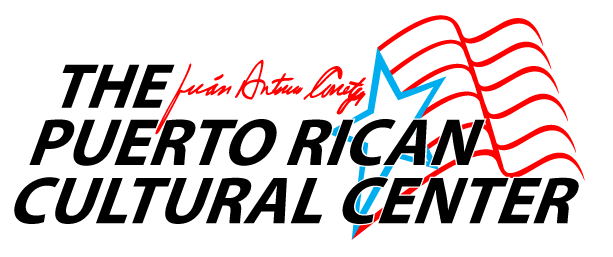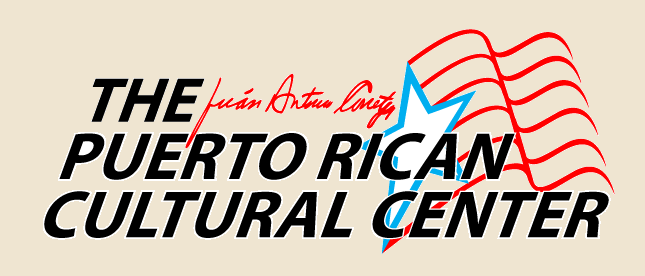Without a doubt, Puerto Rican Cinema is experiencing a Renaissance, and Boricuas outside of the island have a role to play. In the last few years, films such as “El Clown,” “Cimarrón,” and “Ladrones y Mentirosos” have expressed the beauty, horror, and contradictions of a contemporary and historical Borinquen. From slavery to the drug trade to finding community in a money-crazy society, contemporary Puerto Rican Cinema is provoking the minds and touching the hearts of a new generation of filmgoers. This year is no exception. During the second week of April, Paseo Boricua and Chicago were honored to receive arguably the greatest filmmakers of the Puerto Rican film industry, Jacobo Morales.
Every year the Chicago Latino Film Festival, presented by the International Latino Cultural Center in conjunction with Columbia College Chicago, honors a Latin American filmmaker for her or his contribution. On April 16, nearly 900 people packed a Northwestern University auditorium to honor Jacobo Morales, not only as a filmmaker, but also as a diverse man of creativity. From television, to political satire, poetry, and radio, Morales has been the essence of a Puerto Rican Renaissance man. He also directed the only Puerto Rican film nominated for an Academy Award – “Lo que le pasó a Santiago” – in 1989. That night, his latest film, “Ángel,” premiered for the first time in Chicago.
The Puerto Rican Cultural Center and Dr. Pedro Albizu Campos High School, aside from honoring Morales, his wife, and actor Braulio Castillo Jr. at Nellie’s Puerto Rican Restaurant a few days earlier, mobilized over 200 people to the amazing film premier.
“Ángel” could be called the most political Puerto Rican film ever. The film follows the lives of a group of people all connected to murder, corruption, and politics. Mariano Farias is finally released after 15 years in prison, framed by “Ángel,” a reactionary police lieutenant connected to a wide web of political persecution in the department. The film also follows a news reporter struggling between love and justice, a police officer yearning to escape his demons, and a lawyer trying to redeem his past. The film also draws on real political events to provide context to the characters’ motives. “It is a combination of fiction with real events, such as the [University of Puerto Rico] strike of 1981. It includes real footage with recreations,” says Morales. “Ángel” also highlights discussions on the colonial status of the island, the assassination of Filiberto Ojeda Ríos, and even features ex-political prisoner Rafael Cancel Miranda embracing Mariano, which evoked a strong applause from the audience.
“Ángel” is an extremely important film because it challenges the audience to understand a Puerto Rico that is still haunted by inequality and oppression. Of course, no one could have done it as well nor as with such visual beauty than Jacobo Morales, who also left Paseo Boricua with some beautiful words of recognition. “The advancement of la puertorriqueñidad is outside of Puerto Rico, [where it is] most profound.”







